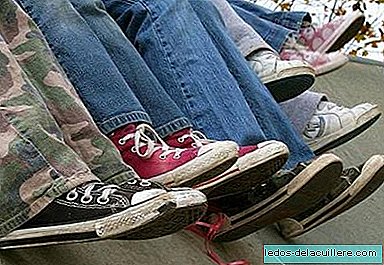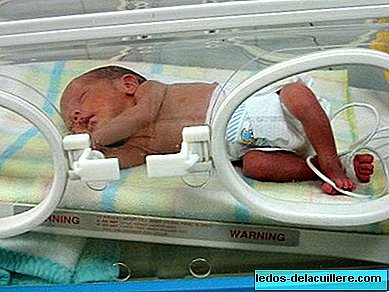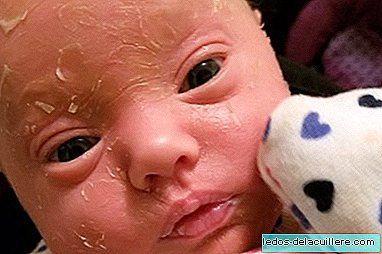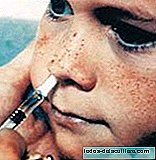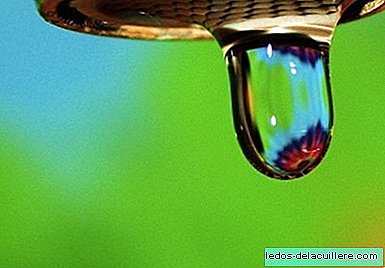
When we have something as reach as opening a tap and having potable water, something so basic in our daily routine, we think it is incredible that there is more than four thousand children die a day due to lack of access to drinking water. Those are the figures released by the development cooperation and humanitarian aid organization Plan International.
Today World Water Day is celebrated, a basic service for life. A right to which all children should have access and whose deficit causes diseases such as diarrhea, cholera, dysentery and typhus.
Women, the most disadvantaged
The lack of drinking water has other side effects, in addition to the dramatic deaths from preventable diseases. One of them is the gender inequality.
It turns out that it is women and girls, as a general rule, who are in charge of collecting water in order to supply their families, which in many cases separates them from education and economic activity. In areas of Africa and Asia, women and girls they walk 6 kilometers on average per day loading with water drums of more than 20 kilos of weight; and, every day, women and girls around the world spend 125 million hours collecting and carrying water.
Children are losing more than three days of school a week to help their families collect water at very distant points, take care of their little brothers and sisters, while their mothers go to collect water or flee to remote areas in search of water, according to the NGO.
Add to this the severe droughts in many areas of Africa. In Ethiopia, for example, the lack of rainfall in the spring and summer seasons has caused that around 5.8 million people need emergency water supplies.
Why is water so important for children?

Water is an essential element for the functioning of the organism, which is largely formed by this element. While it is important at any age, it is essential for developing children. In addition, the volume of body water is higher in infants and children and decreases with age.
When should babies start drinking water?
The amount of daily water a child should drink is between 50-60 ml per kilo of weight, that is to say half a liter of water for a 10 kg baby, for example.
Because of the rapidity with which children lose water, the ration is proportionally higher than that recommended for adults, who are advised to drink 35 ml per kilo of weight, between 8 and 10 glasses a day.
To maintain adequate hydration, experts recommend giving water, juices or dairy products every two hours to children between 0 and 3 years old, except in breastfed babies. Breast milk is composed of 88 percent water, and by itself, offered on demand, meets all the nutritional needs of the baby under six months who is fed exclusively with breast milk.



